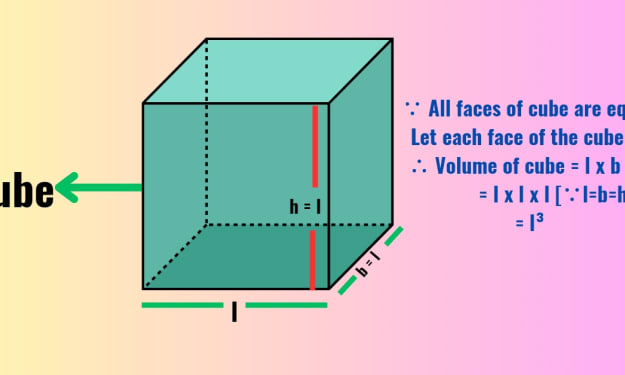6 Reasons You Should Be Studying Conservation
When I'm comparing degrees with my friends, it's generally accepted that, actually, conservation is one of the coolest out there.

It would be very easy for me to sit here and type out a list which has already been made a thousand times over (we know there's only one Earth, guys), but I'm going to do us a favour and talk about a few things that, maybe, you haven't been seeing and hearing since the 60s.
As a conservation student at university, I do tend to get a few eye rolls at parties, and am often seen as a bit of an "eco-warrior"—which isn't as cool as it sounds. Despite assumptions, I'm (definitely) not a vegan, and don't spend my time out hugging trees. When I'm comparing degrees with my friends, it's generally accepted that, actually, conservation is one of the coolest out there, for the very reasons I'm about to discuss.
1. You get to go to some amazing places.
One of the main appeals of conservation for me was the trips I would get to go on. And we aren't talking trips to the collection of trees outside the lecture theatre; in the first year of my course, there were nearly 30 trips, all of which were to areas of outstanding beauty and extreme educational value.
Not only that, there are also incredible opportunities to get research grants to go to pretty much anywhere in the world and learn about pretty much anything you want to. Do you like parrots? Then get a grant to go and monitor grey parrot populations in the Amazon Rainforest! The world is your oyster!
2. You begin to notice the little things.
Before starting my studies, I couldn't tell you the difference between two trees. They were just part of the scenery. Now, I can't go for a walk down the street without identifying mosses growing on the walls, spotting three different kinds of birds based on their wing shape in the sky, and identifying all the potential conservational risks that could occur on my way from A to B (or, trying to at least), all of which I learned almost entirely on field courses simply by talking to people who were passionate about those things.
3. You're pretty much guaranteed a job once you graduate.
Conservation is a huge growth industry, and as corporations hop onto the ecological train, there is an almost entirely open market for environmentalists to become anything from a park ranger to an environmental consultant.
4. Almost everything you'll learn will be relevant to your own life.
It may sound like the reverse should be true, but it's not often that you find a degree with direct application to your own personal life. English literature may look like fun on paper, but when will Shakespeare be able to tell you about why you should or shouldn't expect snow this year, what that weird plant you see in peoples' gardens is, why being vegan actually isn't that great for the environment, and the list goes on! My point is, almost everything you learn has an application if you choose to use it, and it is a great feeling, feeling like you're not only improving your knowledge base but also that you have the power to change your own life with this new information!
5. It's a great challenge.
I have honestly never been more challenged than when I tried to do a week's shop at a supermarket without buying any plastic products. Needless to say, it wasn't a very fruitful experience—I came away with some eggs, a single loose pepper, and not much else.
As well as the practical application, it's also a great challenge trying to come up with creative ways to solve problems faced by conservationists every day. For example, how could you monitor birds' nests in the Amazon rainforests? There are about a hundred different methods a person could use, but when it comes to it there's only a handful that could work when put into practice. It's extremely rewarding finding creative solutions and a real challenge getting to that point!
6. There's only one Earth, guys!!






Comments
There are no comments for this story
Be the first to respond and start the conversation.